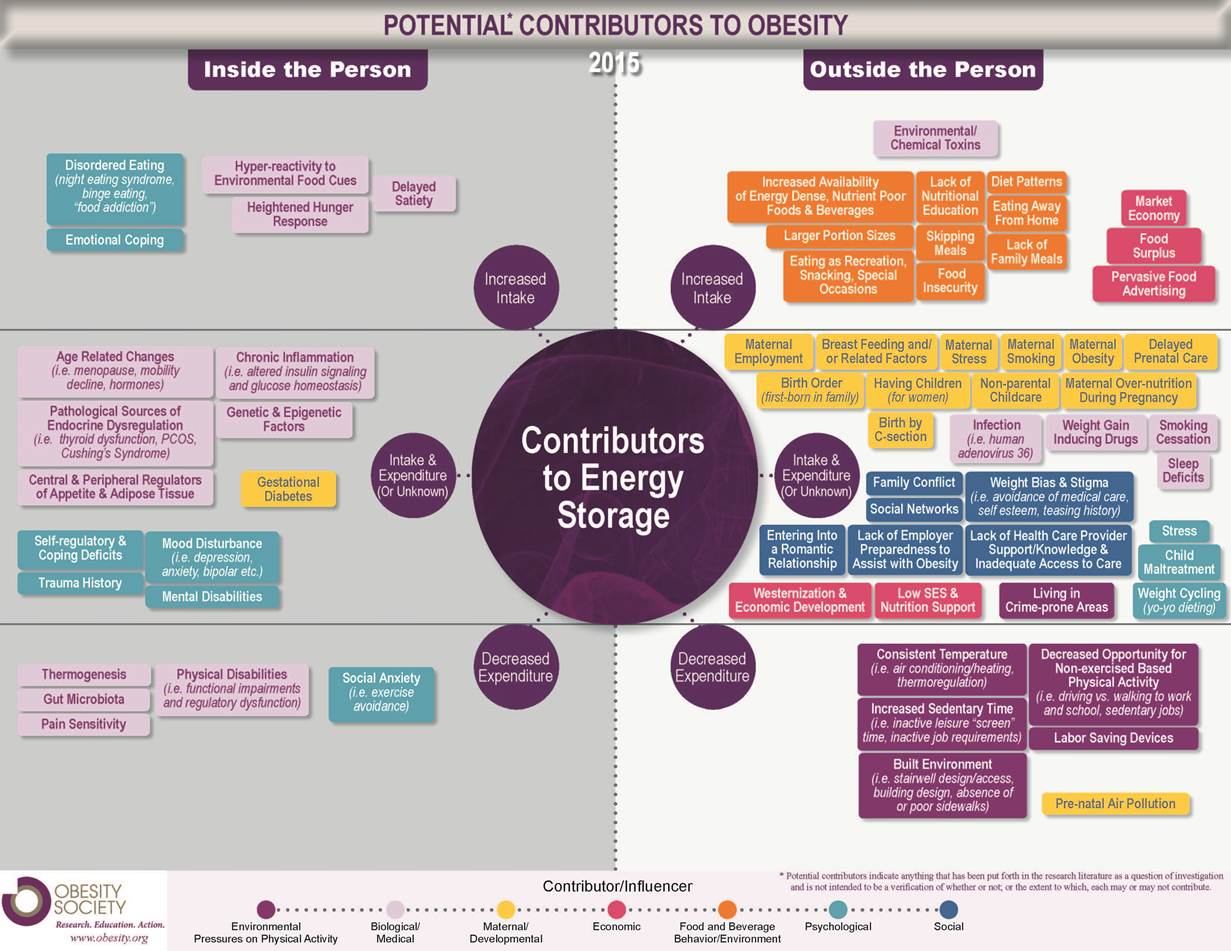Is Fitness Harder in the Twenty-Tens?
Boomers had it easy in the 80s, right? The current cross-generation debate has millennials persuasively refuting the idea that they’ve inherited a coddled life. This debate is age old, but one thing is pretty clear. Fitness is harder in the twenty-tens than it was back when Jane Fonda was bobbing around in her workout video.
in the 80s, right? The current cross-generation debate has millennials persuasively refuting the idea that they’ve inherited a coddled life. This debate is age old, but one thing is pretty clear. Fitness is harder in the twenty-tens than it was back when Jane Fonda was bobbing around in her workout video.
Same Calories, Same Exercise, More Obesity
The morality narrative of obesity has always been popular. But when you look at the numbers, they make it clear that the rise in obesity cannot be explained by a rise in gluttony and sloth.
A 2016 paper by Ruth Brown and colleagues provides that exact analysis. They found leisure time exercise and calorie intake could not explain the dramatic rise in BMI between 1988 and 2006.
Recreational exercise rose by as much as 120% during that time. Caloric intake rose, too, by about 12%. But when you crunch the numbers, calories in and calories out just don’t tell the whole story. Mathematical modeling shows that even with calories and exercise time held constant, BMI would have risen significantly.
Hundreds of Suspects
The contributing factors are becoming hard to count. The Obesity Society compiled most of them into their infographic, above. Broadly, you can distill them into four groups: food quality, muscle function, environmental stressors, and drugs that cause weight gain.
The quality of food we consume can influence how our bodies regulate weight. Signalling from healthy muscles to the brain is essential for weight regulation. Sleep disruption, pollution, social factors, and economic stress are among the myriad environmental stressors that can contribute to weight gain. And finally, drugs that cause weight gain – such as antidepressants – are more widely taken than they were in the 1980s.
Obesity makes fitness harder, but not impossible. But it’s pretty clear that fitness in the twenty-tens is not what it used to be in the 1980s.
Click here for the analysis by Brown et al and here for more from The Atlantic.
Jane Fonda’s Workout, circa 1982
Subscribe by email to follow the accumulating evidence and observations that shape our view of health, obesity, and policy.
June 2, 2017

June 02, 2017 at 6:55 am, Al Lewis said:
This might be the biggest mystery in all of physiology. Americans were actually getting thinner for decades until 1986…and then starting gaining weight again a couple years later. What happened between 1986 and 1988 to turn that around? A Nobel Prize awaits whoever figures this out.
June 03, 2017 at 2:20 am, Susan Burke March said:
“Pollution” appears to be an increasingly serious problem. From this published in Current Obesity Reports. “Recent findings demonstrate that such endocrine-disrupting chemicals, termed “obesogens”, can promote adipogenesis and cause weight gain. This includes compounds to which the human population is exposed in daily life through their use in pesticides/herbicides, industrial and household products, plastics, detergents, flame retardants and as ingredients in personal care products. Animal models and epidemiological studies have shown that an especially sensitive time for exposure is in utero or the neonatal period.”
https://www.ncbi.nlm.nih.gov/pubmed/28205155
June 03, 2017 at 4:34 am, Ted said:
Absolutely right, Susan. And the 2015 scientific statement from the Endocrine Society on this question is worth noting: https://conscienhealth.org/2015/09/chemical-exposure-linked-to-rising-diabetes-obesity-risk/